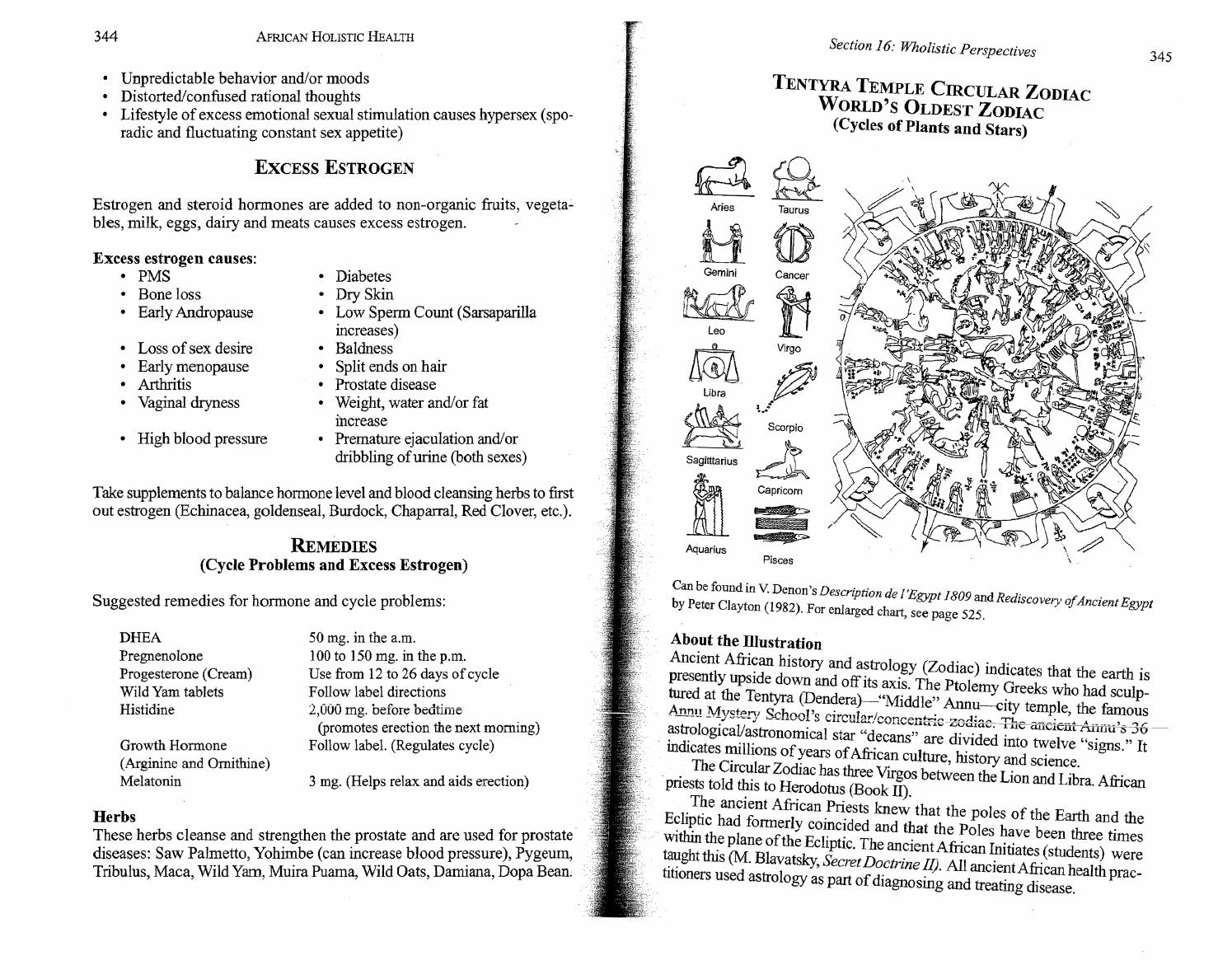Modern medicine has made incredible strides, but sometimes it feels like treating symptoms, not the root cause. African holistic health offers a different perspective, viewing well-being as an intricate tapestry woven from mind, body, and spirit. This ancestral wisdom, passed down through generations, seeks to understand the underlying reasons for imbalance, from the herbal traditions of West Africa to the spiritual practices of the East. This article delves into these ancient practices, exploring their relevance in modern life and introducing pioneers like Dr. Llaila Afrika, who have championed this powerful tradition.
Understanding African Holistic Health
African holistic health isn’t simply about treating illness; it’s about nurturing the whole self. While Western medicine often focuses on alleviating symptoms, like tending to individual weeds in a garden, African holistic health nourishes the soil itself, addressing the root causes of disharmony to create a vibrant foundation for life. It emphasizes the interconnectedness of our mental, physical, and spiritual well-being, recognizing that true wellness arises from balancing all three.
The Pillars of Traditional African Healing
Traditional African medicine rests on three interconnected pillars: divination, spiritualism, and herbalism. Divination, akin to interpreting natural signs, seeks to understand the spiritual roots of illness, providing insights into imbalances within ourselves and our environment. Spiritualism addresses these imbalances, realigning the spirit with its natural harmony, much like recalibrating a compass. Herbalism harnesses the healing power of plants—nature’s pharmacy—to support the body’s innate healing capacity. These practices work synergistically, supporting and strengthening the overall healing journey.
The Healer’s Community Role
Traditional healers are more than practitioners; they are keepers of ancient wisdom, trusted advisors, and community anchors. Their deep understanding of cultural traditions, combined with their herbal knowledge, allows them to create personalized treatments that consider not only physical symptoms but also cultural background, beliefs, and personal experiences. This holistic approach recognizes each individual’s unique needs, acknowledging that healing is as much about understanding the person as it is about treating the illness.
Integrating African Holistic Health into Daily Life
African holistic health provides practical tools for cultivating well-being. Herbal remedies, passed down through generations, offer natural support for health. (Always consult a healthcare professional before using herbal remedies, especially if taking other medications.) Nutrition plays a vital role, emphasizing traditional African foods rich in nutrients. Spiritual practices, including rituals, ceremonies, and connecting with ancestral wisdom, nourish the soul and foster a sense of belonging. Emotional well-being is cultivated through stress management techniques, community support, and practices that promote inner peace.
| Practice | Description | Examples |
|---|---|---|
| Herbal Remedies | Utilizing plants for medicinal purposes. | Rooibos tea for antioxidants, aloe vera for skin soothing. |
| Nutrition | Emphasizing whole, traditional African foods. | Incorporating millet, sorghum, baobab, leafy greens. |
| Spiritual Practices | Connecting with ancestral wisdom, rituals, and spiritual traditions. | Drumming circles, ancestor veneration, meditation, prayer. |
| Emotional Well-being | Cultivating emotional balance through mindfulness and community connection. | Practicing meditation, joining a support group, spending time in nature. |
Dr. Llaila Afrika: A Legacy of Knowledge
Dr. Llaila Afrika’s work, particularly his book “African Holistic Health,” significantly broadened awareness of these traditions. His legacy continues to inspire exploration of the healing potential within these ancient practices. He shed light on the richness and depth of African holistic health, inspiring many to explore its wisdom.
Bridging Ancient Wisdom and Modern Science
African holistic health is a living tradition, constantly evolving. Researchers are exploring the scientific basis of these practices, bridging traditional wisdom and modern science. This ongoing research may hold clues for addressing contemporary health challenges, from chronic diseases and mental health to preventative care. While our understanding is continually evolving, ongoing research adds nuance to these practices and their potential benefits. What role might African holistic health play in shaping a healthier future? Delve into the world of sound with audio z. Discover the potential benefits and considerations of apple cider vinegar during pregnancy before making decisions.
Exploring the Core Principles of African Holistic Health
African holistic health offers a distinct approach to well-being, not merely treating illness but fostering overall wellness—mind, body, and spirit—recognizing their profound interconnectedness. Let’s explore the key principles underpinning this tradition.
The Interwoven Web of Well-being
Like a spiderweb, a disturbance in one area of your being—mind, body, or spirit—creates ripples throughout the whole. Stress may manifest as physical ailments, while spiritual disconnect can lead to emotional distress. Healing addresses the whole person, acknowledging the intricate interplay of these aspects.
Nature’s Pharmacy: Earth’s Healing Power
Traditional healers have long recognized the healing potential of nature, utilizing herbs, roots, and other natural elements as remedies brimming with life force. This deep respect for nature extends beyond utilizing its resources; it’s about living in harmony with the natural world.
The Balancing Act: Striving for Equilibrium
African holistic health emphasizes maintaining balance across all aspects of life—nourishing the body, engaging in physical activity, managing emotions through mindfulness, and nurturing spiritual connection. It’s an ongoing process of striving for inner harmony, not an elusive state of perfection.
The Strength of Community: Shared Wisdom
Health is often a communal affair in African cultures, encompassing shared experiences, mutual support, and collective wisdom. Elders, healers, and community members provide guidance, transmitting ancestral knowledge and offering a strong support network. This shared approach strengthens both the individual and the community.
Prevention is Key: Nurturing Wellness
African holistic health prioritizes preventing imbalances. Like nurturing a seedling, proactive care strengthens well-being and builds resilience, fostering the seeds of health rather than merely reacting to illness.
These core principles—interconnectedness, harmony with nature, balance, community, and prevention—offer a powerful perspective on achieving well-being. Ongoing research continues to explore the effectiveness of specific practices, but the underlying philosophy provides valuable insights. It emphasizes the holistic nature of well-being, encompassing physical, emotional, mental and spiritual health.
- Borosilicate Containers Keep Food Fresh and Your Kitchen Organized - January 24, 2026
- Borosilicate Glass Storage Containers Handle Extreme Temperatures Safely - January 23, 2026
- Borosilicate Glass Food Storage Containers Bring Durable Safety To Your Kitchen - January 22, 2026










